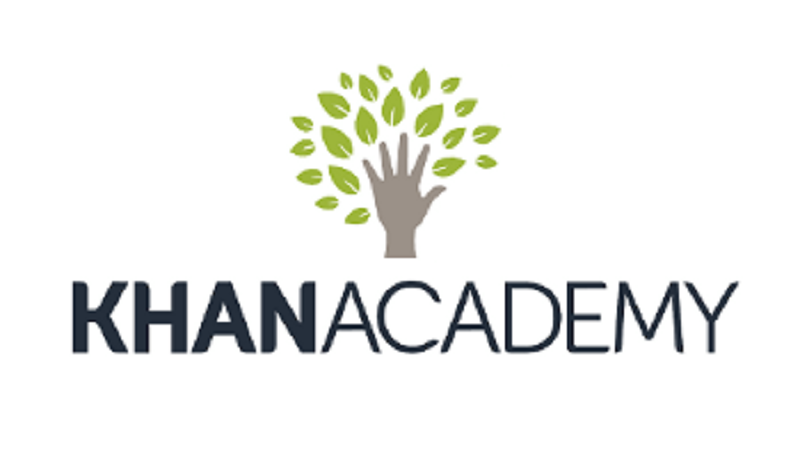|
When I was in grad school, I remember my professor saying “do not use the word ‘guru’ to describe yourself on LinkedIn.” The more time I spent in the professional world, the more I realized how many people needed to hear this advice but clearly never received it. When did the word ‘guru’ become associated with cheap branding and self-promotion? As an Indian-American, it personally hurts me to see this word, historically used in my country of birth to refer to someone highly esteemed by the community, taken by Americans and turned into cheap marketing. But my personal feelings aside, let’s look at what being a “guru” really means. I know many people who don’t necessarily refer to themselves as “gurus” but still present themselves as experts on how others should live their lives. They use social media platforms to tell you how they can make you rich, successful, and “spiritual as hell” -- to quote my favorite fake guru -- J.P. Sears. The irony is that most of these "gurus" are under 50 years old and aren’t actually rich, successful, or “spiritual as hell” themselves in real life. Many of them gain their “expertise” from the 3rd page of Google or watching YouTube videos (I’m not even going to go into how to apply critical thinking skills to sift through the internet to find out what is credible and what is garbage). These “gurus” only pretend to be experts on the internet. I get it, they are relying on the overused “fake it 'til you make it" strategy and I’m all for it. However, if you’re going to fake it, fake it well. If you half-ass your faking, you’re never gonna make it. I’m not a guru. I’m too busy figuring out my own messy life to tell others how to live theirs. However, I do have an M.F.A. in writing and a couple of personal brands that I have been developing over the last five years. I can tell you that the best way to sell yourself and gain followers on the internet is to have a good story. If you want to be a “guru” on the internet, you need good storytelling skills. If you don’t have a story to backup your brand, you have no substance. You can tell people all day that chasing their dreams and following their hearts will make them rich and successful, but if you don’t have concrete examples from your own life on how you became successful and the strategies you used to get there, your words are meaningless fluff. If you want to teach people how to be more self-aware, how to make more money, or how to have better relationships, show them your story. That is your brand. If you don’t have your own story about the topic on which you are advising people, you have no authority to be a guru. No one will care what you have to say. It isn’t easy to build a strong, authentic brand which is why there are professionals (like me!) who help people with storytelling and brand development (yes, that was a plug). But seriously, get help. You can be a successful “guru” on the internet by having a good story and a strong brand. For example, I know many people who love the life "guru" Gary V. He motivates a lot of people even though I'm yet to meet someone who became successful because of him. But, it doesn't matter because he has a strong brand that is working for him. You, however, may not have the skills to develop a strong brand so be honest with yourself and get help! It is often easier for other people to tell you what your story is than for you to figure it out for yourself. Once again, I don’t claim to be a guru, but I do have quite a bit of knowledge and experience with storytelling and I’m just tired of seeing people in my network selling themselves short. Now, excuse me while I go back to my messy life. Thanks for reading! Please feel free to leave comments below with your stories and points of view on this topic. You can sign up for my newsletter at the bottom of the page for updates on my writing and my events. Next Wednesday’s blog will be more #browngirlwrites stories. Until then… Happy Writing! :) Find me on social media. Links at the bottom of the page 👇🏽 ABOUT THE ARTISTLoso F. Perez is a cartoonist with passion for teaching. You can see more of his work or learn from him on PrimeVice.com and follow him on social media @prime_vice.
0 Comments
 We Are Never Meeting in Real Life. by Samantha Irby We Are Never Meeting in Real Life. by Samantha IrbyMy rating: 5 of 5 stars Samantha Irby is a genius. This hilarious collection of essays is perfect in every way. Real life is sad so I’m on a constant mission to find humor through books, movies, and T.V. shows. This is one of the funniest books I have ever read. Samantha Irby’s voice is sharp, bold, and vulnerable all at the same time. She isn’t afraid of laying everything out on the table, exposing her most helpless moments, and turning them into comedy. I’ve heard many times that “comedy equals tragedy plus time.” Samantha Irby has taken these embarrassing and depressing moments from her life and reflected upon them with wisdom and detachment. She’s not afraid of talking about her social anxieties, bowel movements, body issues, and struggles with dating. This book had me feeling anxious, sad, and laughing out loud all at the same time. If only we could all have the wisdom and courage to laugh more at ourselves like Samantha Irby. View all my reviews In my previous blog “Stereotypes,” I mentioned the dismal statistics for writers of color in the publishing industry. Today, I want to talk about the content that writers of color are able to get published. It’s a fact, that a book by an African American writer has a higher chance of getting published if it is about slavery or the civil rights era. The same is true for South Asian literature. Tragedy sells. Growing up, I didn’t know any South Asian writers. As I grew older and started seeing more books by South Asian writers, I wasn’t always inclined to read them because they just seemed so sad. I was an immigrant and I knew the struggles of being an immigrant, but life wasn’t all sad. I read books by famous South Asian authors like Jhumpa Lahiri and although it was a nice change to see my culture reflected in literature, I didn’t quite connect with the stories in those books. My family and I lived a difficult life, but we also lived a fun and adventurous life. It seems that most literature published by writers of color today is tragic. Why does the publishing industry only want to publish our tragedies? Does no one want to read happy stories about us? Of course not. It’s just that the publishing industry is still very closed minded when it comes to writers of color and apparently the only way our stories are valid to them is if we are suffering. Writers of color aren’t taken seriously if they don’t write serious tragic stories. The trend of publishing mostly tragic stories about and by people of color needs to stop. When I began working on my memoir, I decided my book wasn’t going to be all tragedy. I wanted it to represent not just my culture but also the entire range of emotions I have lived through. I am fully aware that humor is difficult to do. It is especially difficult to put into a book where you have to deliver without the help of body language and intonation of voice. I took a humor writing class in my M.F.A. writing program which helped me become a better writer and helped me figure out which type of humor fits well with my voice. I don’t claim to be an expert on humor but I know that I have more fun writing when I use humor and I get much more fulfillment out of readers chuckling at my writing than crying through it. I am a person who doesn’t take life too seriously and I want my writing to reflect that attitude. Lately, I have been encouraged by authors such as Scaachi Koul, Balli Kaur Jaswal, Samantha Irby, Issa Rae, Eddie Huang, and Trevor Noah who tell our stories with such depth and lightness. They balance the tragedy with the fun moments that make up life. They are unafraid to make fun of themselves and that is the quality I admire most in people. From them I have learned that in order to write humor, you have to be comfortable with being vulnerable and you have to be able to see the humor in difficult situations. I hope to continue to see more women of color writing their truths and making us laugh along the way. I also hope to add more laughter and light to the world with my own writing. You can check out my humor writing here.
Again, thank you all for reading my blog. Please feel free to leave comments below with your thoughts and/or advice. You can sign up for my newsletter at the bottom of the page for updates on my writing. Next Wednesday’s blog will be more stories of #browngirlwrites Until then… Happy Writing! :) Find me on social media. Links at the bottom of the page 👇🏽  Fresh Off the Boat by Eddie Huang Fresh Off the Boat by Eddie HuangMy rating: 5 of 5 stars Fresh off the Boat is a memoir with a story that is familiar to me. As an immigrant growing up in the United States, I personally relate to Eddie Huang’s life in many ways. He talks about the struggles of growing up in a traditional Taiwanese immigrant family, he talks about abuse, he talks about violence, and through all of this tragedy, he makes you laugh. I especially love his outlook on the life: he sees the world through the lens of food. Throughout the memoir, he relates specific dishes to specific memories and the detail with which he describes the food, makes my mouth water. This memoir felt so personal to me that I used it as inspiration for my own. By sharing his family’s personal journey, Eddie Huang gives a voice to all immigrant families living in the United States. View all my reviews The Khan Academy interviewed me for their “Start a Business or Go Freelance” career series about my nonprofit The Sid Foundation and how I use my writing to help it grow. I founded The Sid Foundation in 2015, one year after my brother Sid passed away, to raise funds and awareness for lung transplant research. You can learn more about The Sid Foundation and Lung Girl comics on our website.
Careers and Personal Finance on Khan Academy: Are you wondering how to land your dream job? How to pay off student loans? What’s the best way to negotiate your salary? Finding answers to questions like these can be hard, but we’re here to help. We ask real people in real jobs how they make it all work in our new video series about careers and personal finance, brought to you with support from Bank of America. Check out our career and personal finance videos on Better Money Habits, Bank of America's financial literacy website: https://bettermoneyhabits.bankofameri... About Khan Academy: Khan Academy is a nonprofit with a mission to provide a free, world-class education for anyone, anywhere. We believe learners of all ages should have unlimited access to free educational content they can master at their own pace. We use intelligent software, deep data analytics and intuitive user interfaces to help students and teachers around the world. Our resources cover preschool through early college education, including math, biology, chemistry, physics, economics, finance, history, grammar and more. We offer free personalized SAT test prep in partnership with the test developer, the College Board. Khan Academy has been translated into dozens of languages, and 100 million people use our platform worldwide every year. More free lessons at KhanAcademy.org  Bitch Planet, Vol. 1: Extraordinary Machine by Kelly Sue DeConnick Bitch Planet, Vol. 1: Extraordinary Machine by Kelly Sue DeConnickMy rating: 5 of 5 stars The literary publishing industry is terrible when it comes to diversity in authors and stories. The comic book publishing industry is worse. Gems like Bitch Planet are difficult to come by. Kelly Sue DeConnick makes me proud to be a comic book writer and gives me something to strive towards. Bitch Planet is a series of feminist graphic novels that hit hard on patriarchy. From the strong (physically and mentally) women characters with diverse backgrounds who are literally kicking patriarchy down to the little misogynistic advertisements satirically sprinkled throughout the book, this graphic novel is in a league of its own. I can’t wait to read the rest of them! View all my reviews
Last night, I was watching an old episode of The Office where Steve Carell’s character is giving out awards to his employees and he hands Mindy Kaling’s character the “Spicy Curry” award.
She asks him what it means, but he doesn’t know. This is real life. I’ve lost count of the number of times my ethnicity has been reduced to a bowl of curry. As soon as my race or ethnicity is mentioned, my coworker/roommate/professor/stranger/any non-South Asian person that happens to be around me at the time, feels the uncontrollable need to tell me their opinion on curry until my entire being is reduced to a bowl of curry. I talk about this in my memoir in an essay called “How to Make a Delicious Bowl of Hot Curry.” As women of color, we all get reduced to stereotypes related to our race and gender. Unfortunately, since there are more books about people of color by white people than books written by actual people of color, these stereotypes persist in our literature.
As some of you brought up after reading my previous blog, I don’t have a problem with White people writing characters of color as long as they do their due diligence and research. Of course, I prefer characters of color written by people of color because they are richer and more authentic, but at the end of the day, if the character is believable and complex it shouldn't matter who wrote it. Unfortunately, many white writers don't realize that in order to write characters of color, they have to put in the extra work.
For example, here is a story about a former client: I had a client who is a middle-aged white woman. Her goal was to make an educational and inspirational story with diverse characters for children. I was excited to work on this project with her because my passion is in education and telling diverse stories so it was right up my alley. As time went on, however, I realized that her only collaboration on this project was with other white women and she wasn’t open to my suggestions about her characters of color. Her story ended up including several stereotypes and shallow characters of color. She had a prominent adult male mentor figure in the comic who contributed by being absent the entire time thus perpetuating the absent black father/role model stereotype. Her goal was to include as many races and ethnicities as she could, but she completely omitted a black female character from the story which perpetuated the reality we all know of black women being one of the most neglected minority groups in the United States. She created a Japanese-American female character who came off very studious, robotic, and emotionally cold perpetuating the stereotype of Japanese people as intelligent and industrious to the level of being inhuman. Although there were many such stereotypes in her story, I gave her the benefit of the doubt that she didn’t write them intentionally. Afterall, she hired me because writing is not her forte. Unfortunately, she wasn’t open to my suggestions as a professional writer or a person of color so there was no way for me to explain these things to her without her getting defensive. Like this client, there are many White writers out there who are writing characters of color without realizing that they need to research or consult with people of color when writing. Of course, ignorance is not an excuse. This is another reason I passionately feel that we need to write down our stories. Our stories need to exist and the only way to make them authentic is for us to write them ourselves. Today, there are blogs and social media pages made by women of color for women of color that I'm grateful for. The internet is a great way for us to bypass the barriers of the publishing world, and share our stories online. That is why I write this blog and I hope I can encourage you all to write your own. How do you deal with stereotypes in the writing world? Share your stories with me in the comments below.
Thank you for reading!
You can sign up for my newsletter at the bottom of the page for updates on my writing and my events. Next Wednesday’s blog will be more #browngirlwrites stories. Until then… Happy Writing! :) Find me on social media. Links at the bottom of the page ??  Soledad by Angie Cruz Soledad by Angie CruzMy rating: 5 of 5 stars Angie Cruz’s Soledad is a story that makes everyday life in Washington Heights magical. She began the novel by pulling me into her world with vivid details such as empty bottles of Presidente in the trash cans, the stinging “smell of onions and cilantro,” and merengue blaring out of cars on the street. I was immediately hooked. She continued to pull me in with her complex characters who are all just regular people trying to make the best out of their circumstances in life. The story revolves around four strong female characters Gorda, Flaca, Soledad, and Olivia and explores their relationships with each other, with the men in their lives, and their culture. The magical realism takes this relatable down-to-earth story and its characters to another level. This beautifully written novel has layers upon layers and is one that can and should be read over and over again. View all my reviews Here I am reading a small excerpt from my essay "Memory." This essay is continuing the theme of yesterday's #browngirlwrites blog: "My Story" Please feel free to share your thoughts and experiences in the comments. :) When I was growing up, as an Indian-American girl in the United States, I didn’t know any writers or authors that looked like me and told the story of my family. I fell in love with writing when I was nine years old, but I didn’t know that it was something I could do as a profession. I didn’t know people like me made a living off of writing.
A couple of weeks ago, I was listening to an author speak who I will not name (out of respect and because I can’t remember). She was an older white woman and she was talking about how she came to write her book. She spoke about going into refugee camps to get a story. After visiting several refugee camps and meeting many refugees, she kept repeating the phrase “I knew there was a story there.” There were a few things that concerned me about her talk:
To put it simply, it sounded like exploitation. In that moment I thought, I would much rather read a story about being a refugee from an actual refugee than from her and I’m glad I have my own stories to tell. It was in that moment I realized how important it is for me as a brown woman and an immigrant to tell my story before somebody else capitalizes on it. I realized that I don’t need to go prying into other people’s lives to find things to write about. My life has rarely been written about. There is already “a story there.” A story so unique and adventurous that I can’t find it in any book I’ve ever come across. There aren’t many things more unique and adventurous than the life of a woman of color living in the United States. In that moment I got all the confidence I needed to finish my memoir and get my story out as soon as possible. I’m writing this today to tell those of you who have been doubting yourselves and your ability to write, draw, sing, whatever your artform may be: Your story is important and it is your responsibility to get it out. No one can tell your story better than you so don’t let them. Whatever your medium, go create something that tells people about you. Thanks for reading! Please feel free to leave comments below with your thoughts and experiences. You can sign up for my newsletter at the bottom of the page for updates on my writing and events I'm attending. Next Wednesday’s blog will be more #browngirlwrites stories. Until then… Happy Writing! :) Find me on social media. Links at the bottom of the page 👇🏽 |
AuthorThese blogs explore my writing process and highlight my favorite writers and books. Archives
June 2022
Categories
All
|

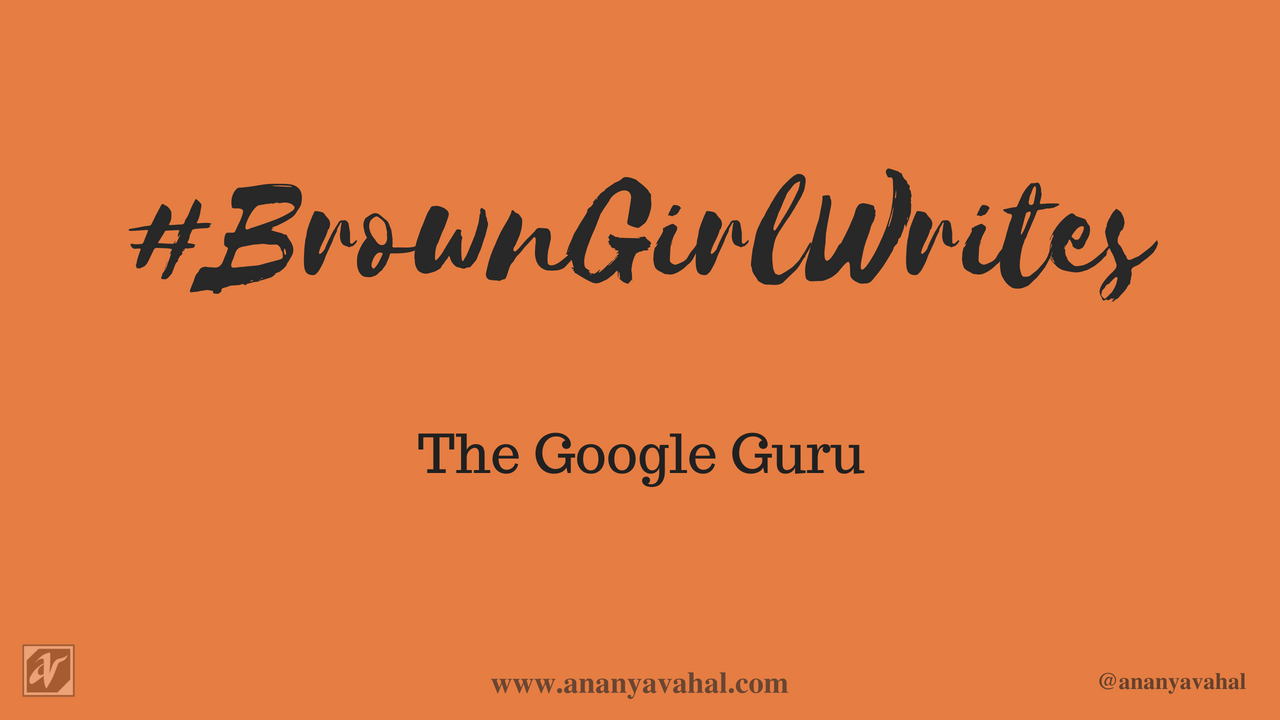
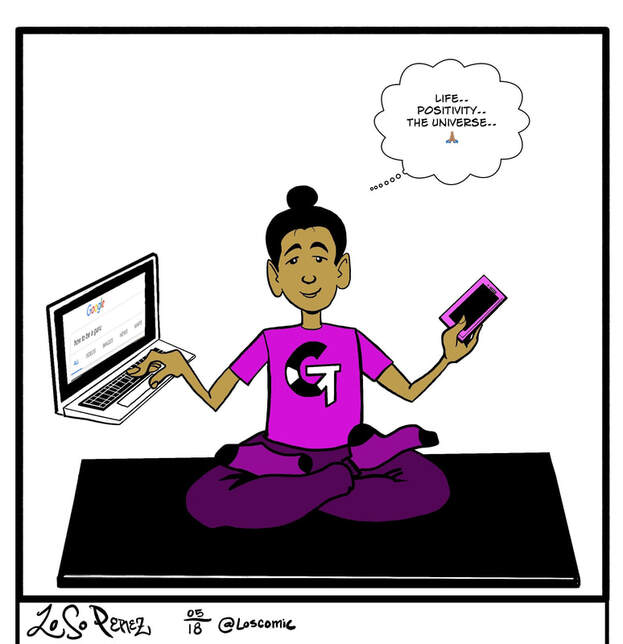
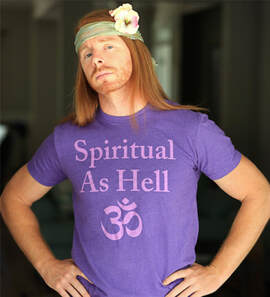
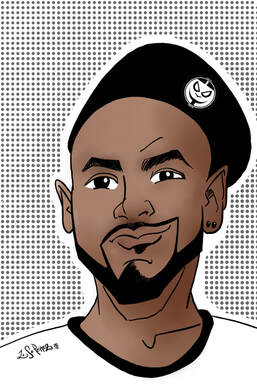
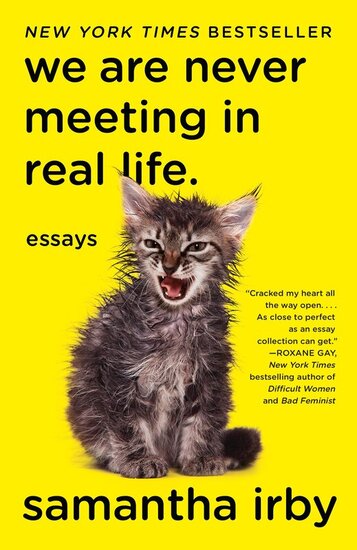
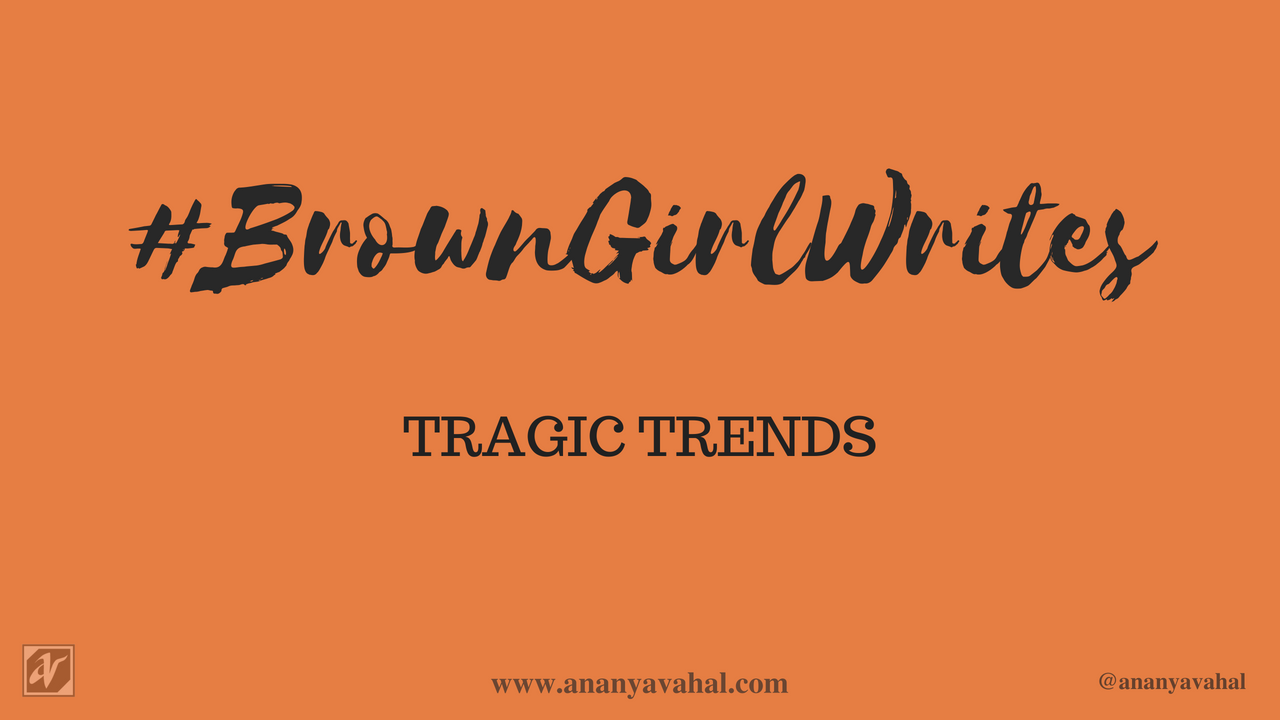
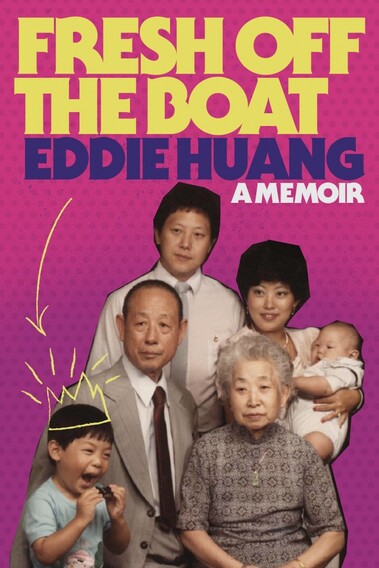
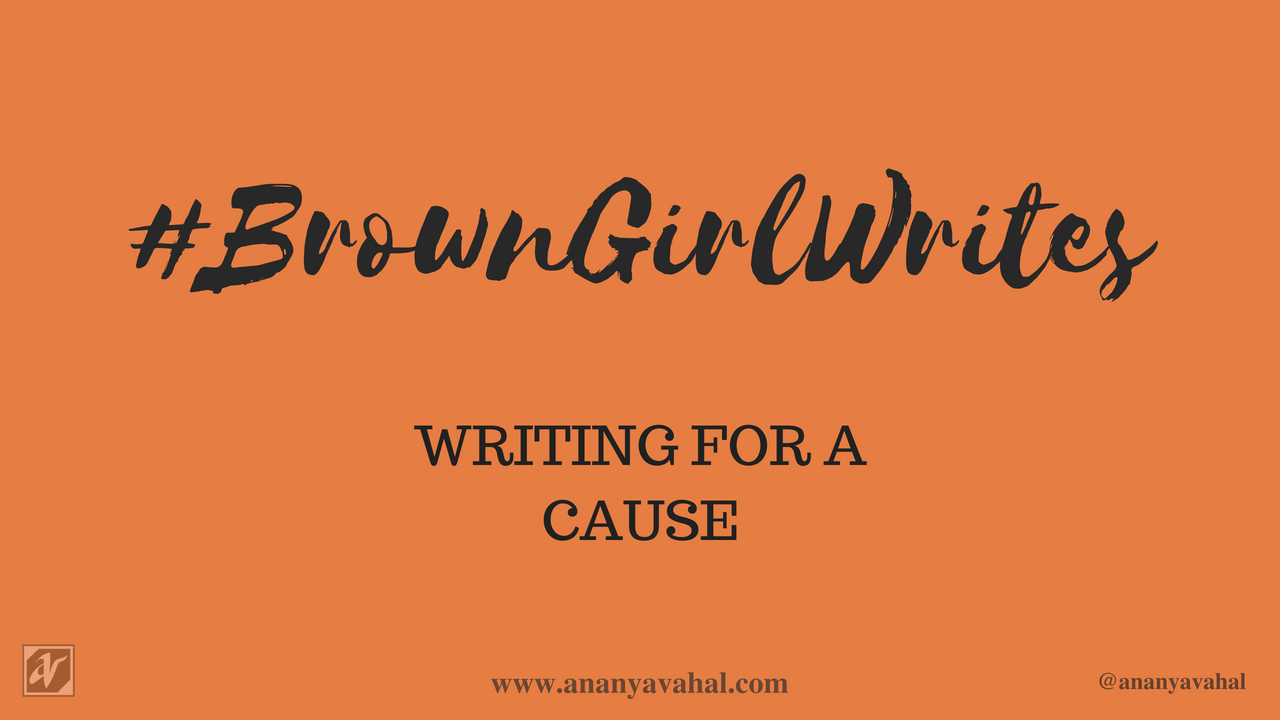
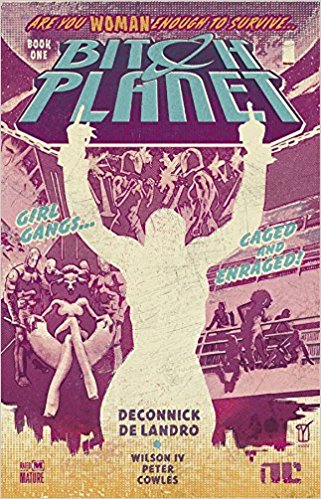
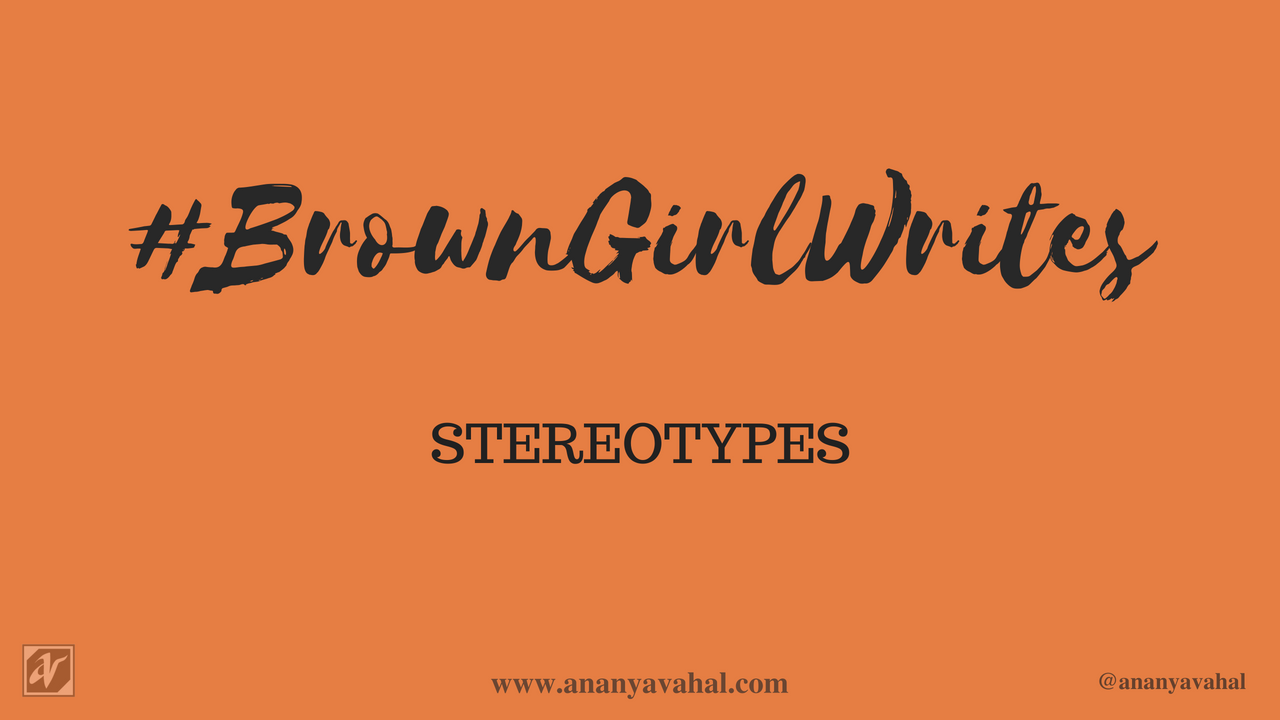
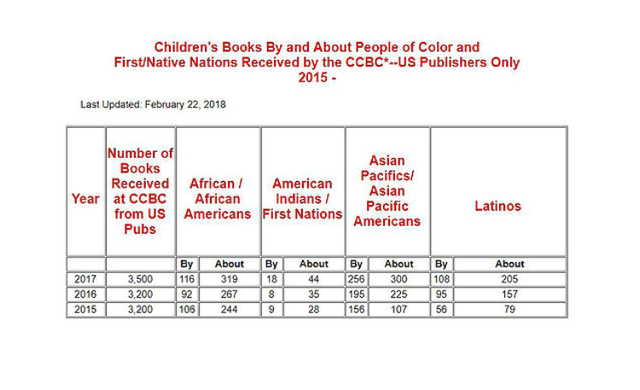
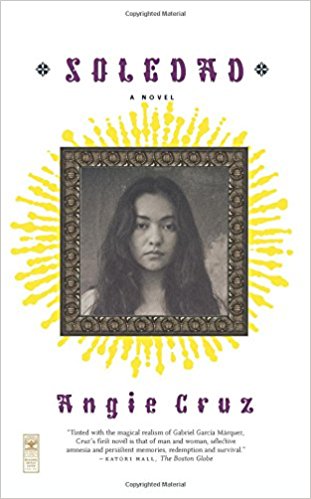
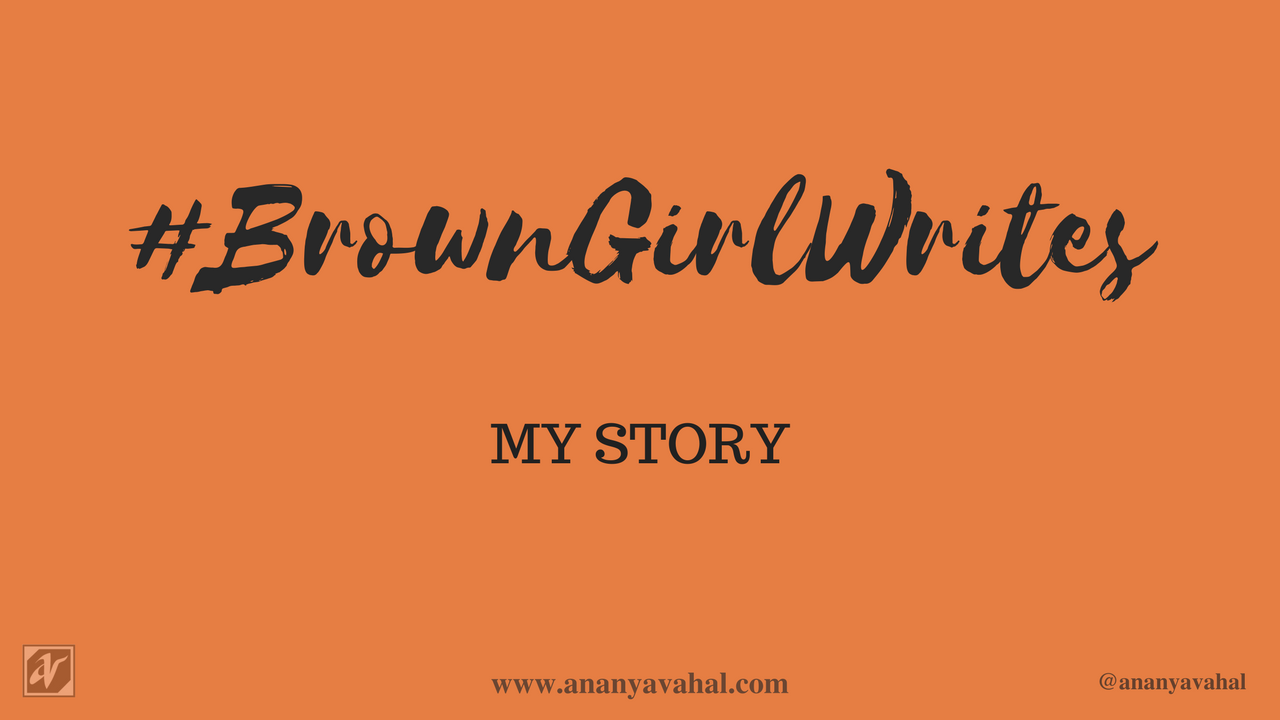
 RSS Feed
RSS Feed








